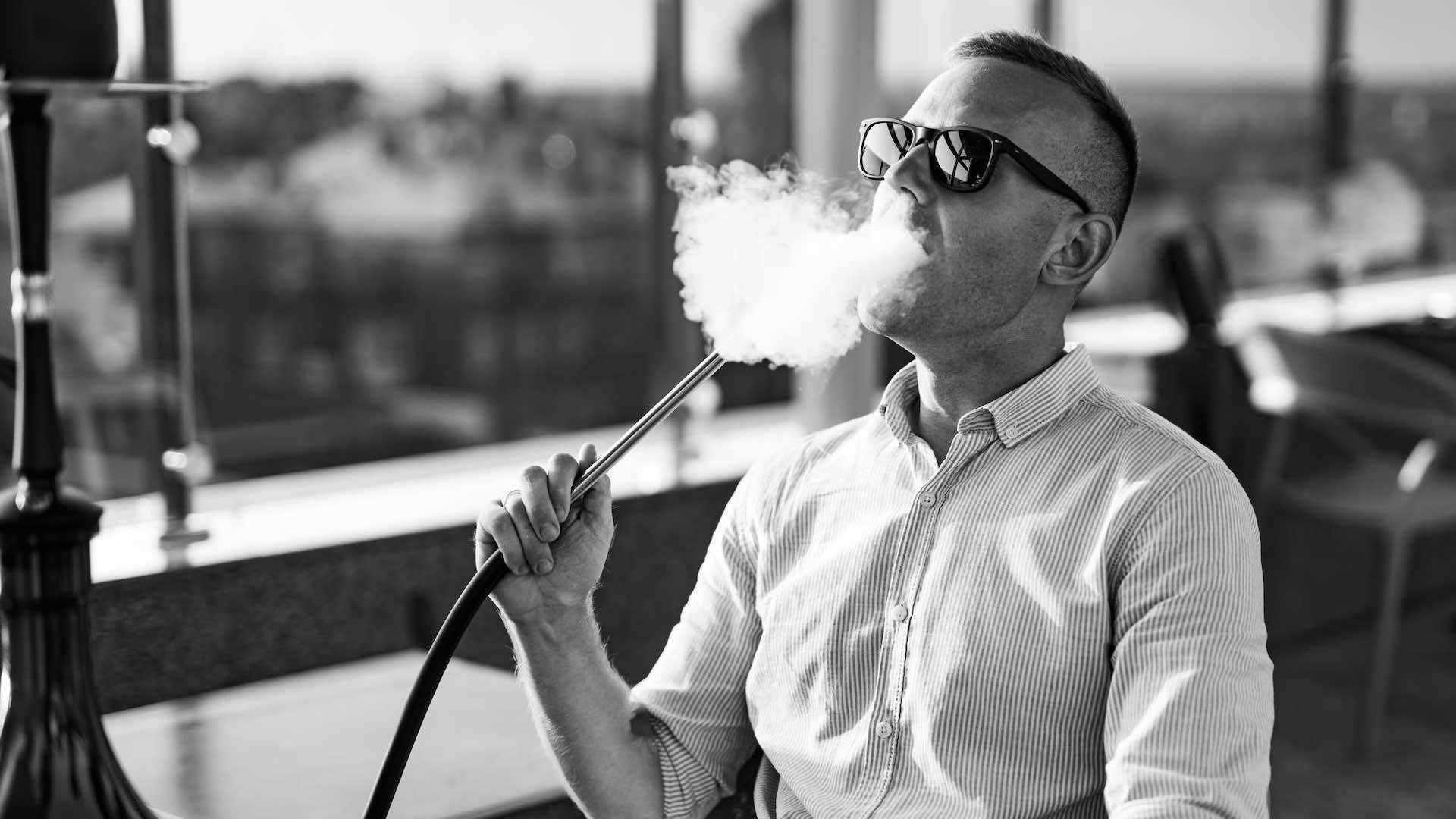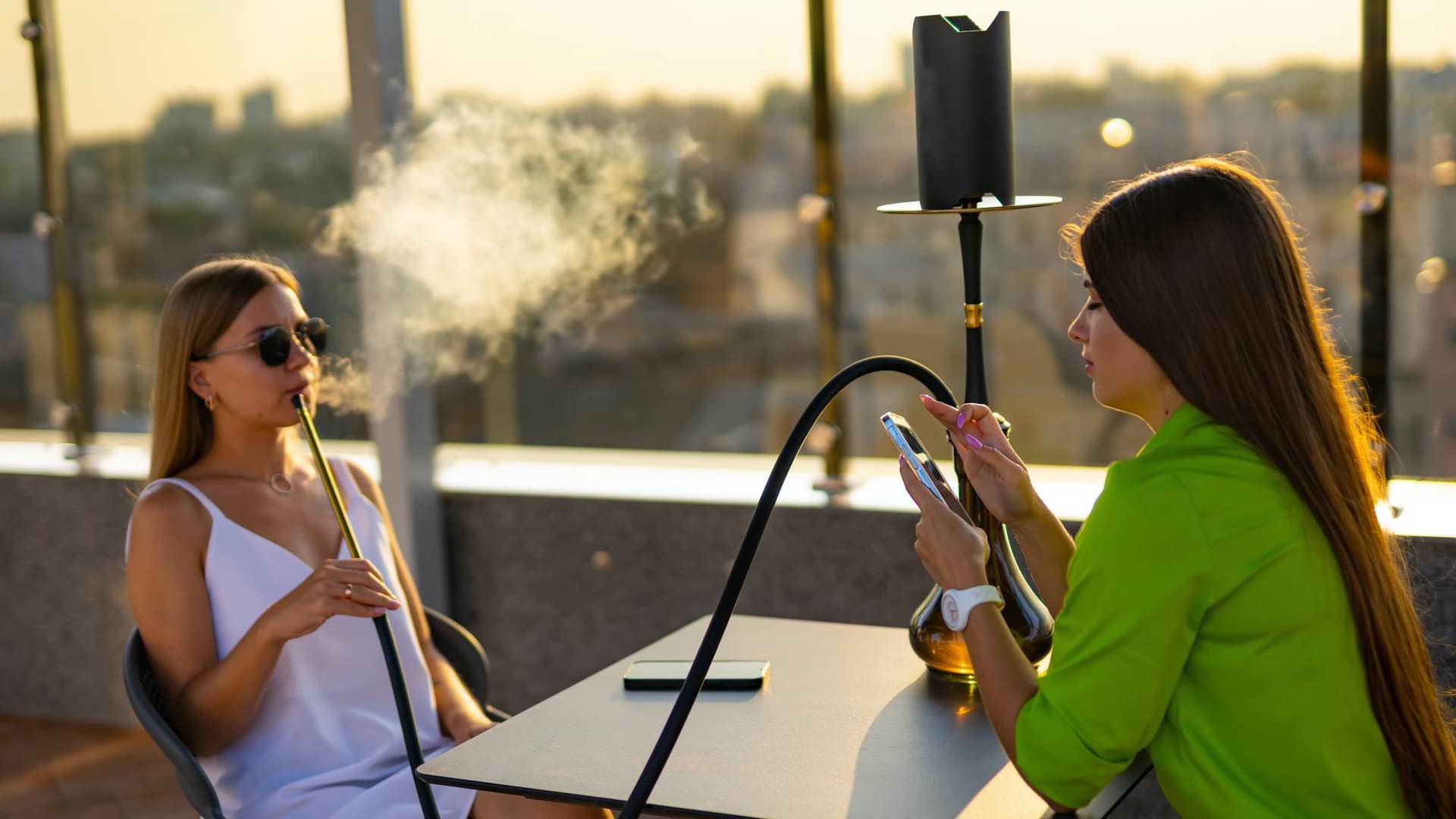The adage “All talk leads to failure, all work leads to success” can offer critical insights into the culture and impact of sheesha cafes. While they serve as popular social hubs, their allure may overshadow the concerning aspects of these establishments — both health-wise and in fostering a culture of “idle small” talk over constructive action.

The Magnetism of Sheesha Cafes
Sheesha cafes are becoming increasingly popular, especially among the younger demographic. Their appeal lies not just in the cozy ambiance and free-flowing conversations, but also in the introduction of flavored tobaccos known as “maassel.” According to the WHO, the surge in popularity of sheesha smoking can be traced back to the 1990s, following the introduction of these flavored tobaccos.
Armchair Thinkers and Over-Socialization
While these cafes offer a venue for vibrant discussion, they also inadvertently breed armchair thinkers. People might often indulge in conversation without translating their thoughts into meaningful action. This excessive socializing, which the World Health Organization (WHO) attributes partly to the cafe and restaurant culture, risks diluting focus on tangible goals.
Underestimated Health Risks Backed by WHO Findings
It’s important to note that sheesha is not a safer alternative to cigarettes. An hour-long sheesha session can expose a person to nicotine levels equivalent to smoking an entire pack of cigarettes. WHO’s Advisory Note highlights that not only is the smoke toxic, but it also includes a dangerous cocktail of carcinogens and heavy metals.
Moreover, second-hand smoke from sheesha can be harmful as well, contributing to its overall health risks. According to WHO, sheesha smoking results in higher emissions of toxic substances than cigarette smoking, including CO, PAH, and volatile aldehydes.

Policy Gaps and Social Media Influence
One reason for the growing prevalence of sheesha smoking is the lack of specific policy regulation. WHO emphasizes the need for targeted legislation and interventions to address this unique form of tobacco consumption1. Coupled with its promotion through mass media, sheesha smoking is on an alarming rise, often without the awareness of its associated dangers.
Work Over Talk
Against this backdrop of underestimated health risks and the glamorization of sheesha culture, the virtue of focused work appears even more compelling. Redirecting the hours spent in sheesha cafes towards more constructive activities can result in tangible gains, thereby affirming the saying that “all work leads to success.”
Conclusion
Sheesha cafes, while socially engaging, bring along a host of issues that are more than skin-deep. These concerns range from fostering a culture of idle talk to far-reaching health implications. In the light of WHO’s findings, it becomes all the more crucial to reassess the environments we choose to indulge in and direct our focus toward avenues that are beneficial both for individual growth and societal well-being.
Author
Heba Al Mansoori, an Emirati postgraduate in marketing and communications, heads the esteemed marketing agency, BIZ COM. Beyond her leadership role there, she co-founded MENA Newswire, a mediatech innovator that transforms content dissemination through a cutting-edge platform-as-a-service model. Al Mansoori’s investment acumen is evident in Newszy, an AI-powered distribution hub. Additionally, she partners in the Middle East & Africa Private Market Place (MEAPMP), the region’s swiftly emerging independent supply-side ad platform (SSP). Her ventures underscore a deep expertise in digital marketing and technology.
Disclaimer: The views in this article are the author’s own, based on her experiences and observations of sheesha cafes around the world. This news portal does not endorse these views.
